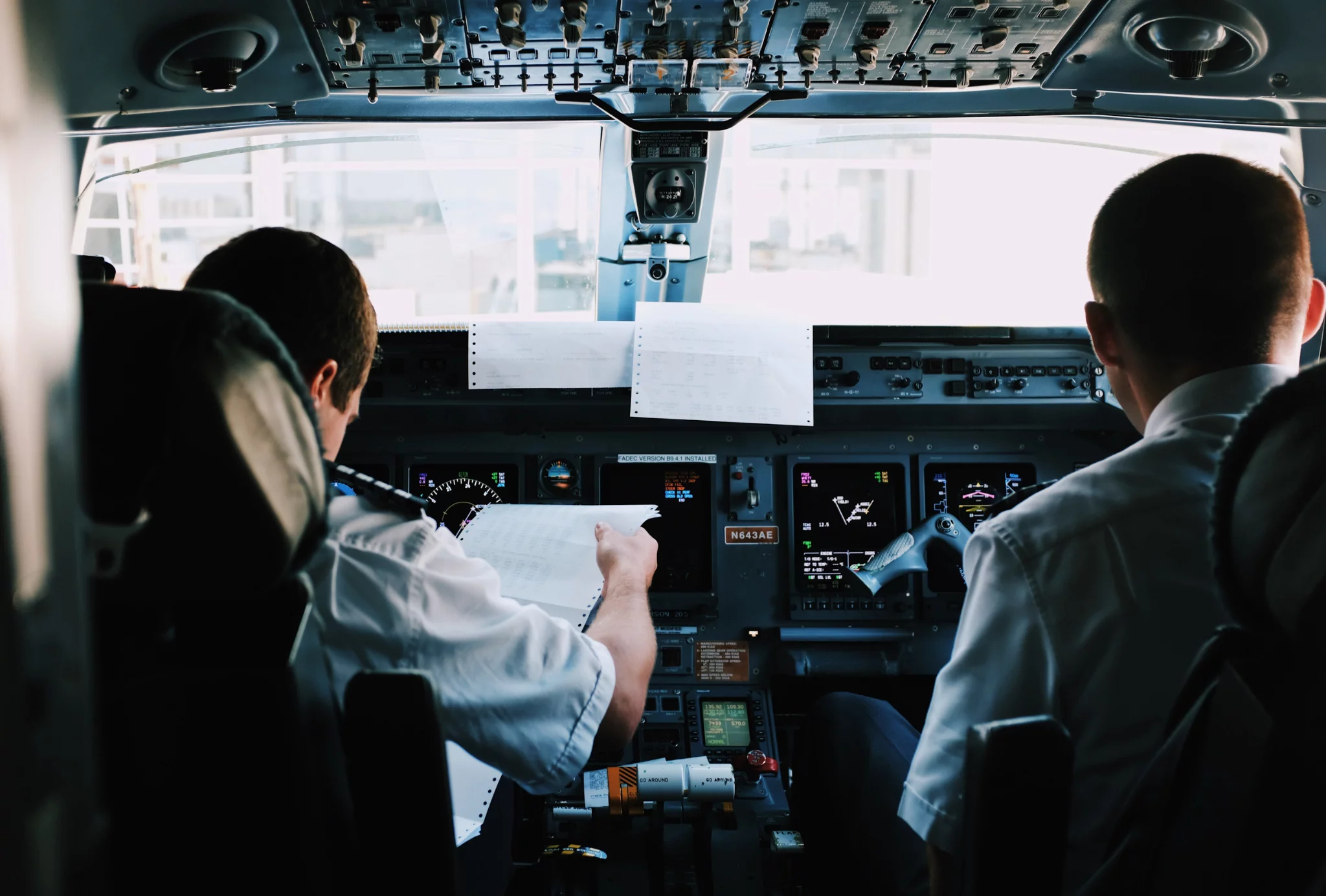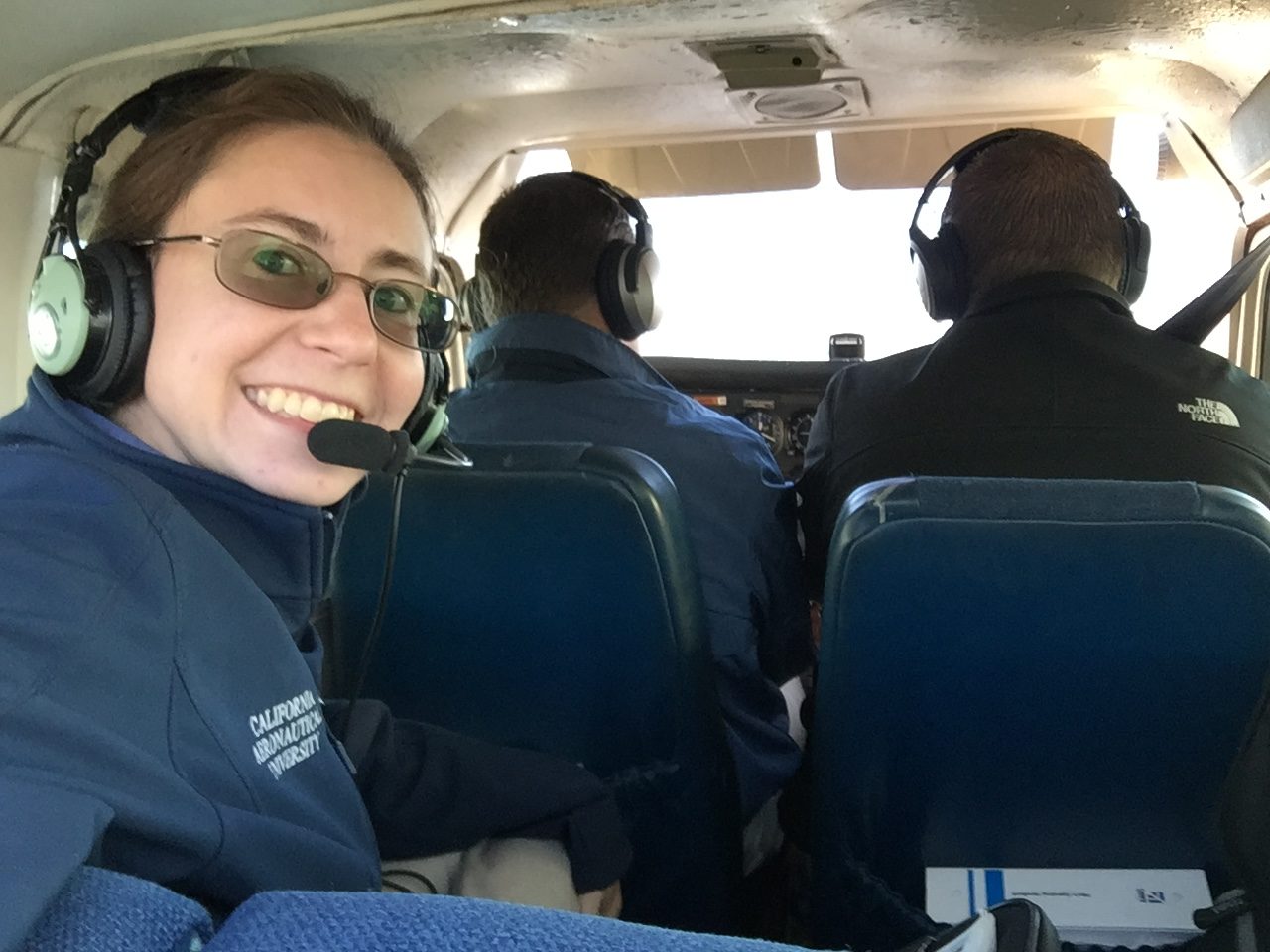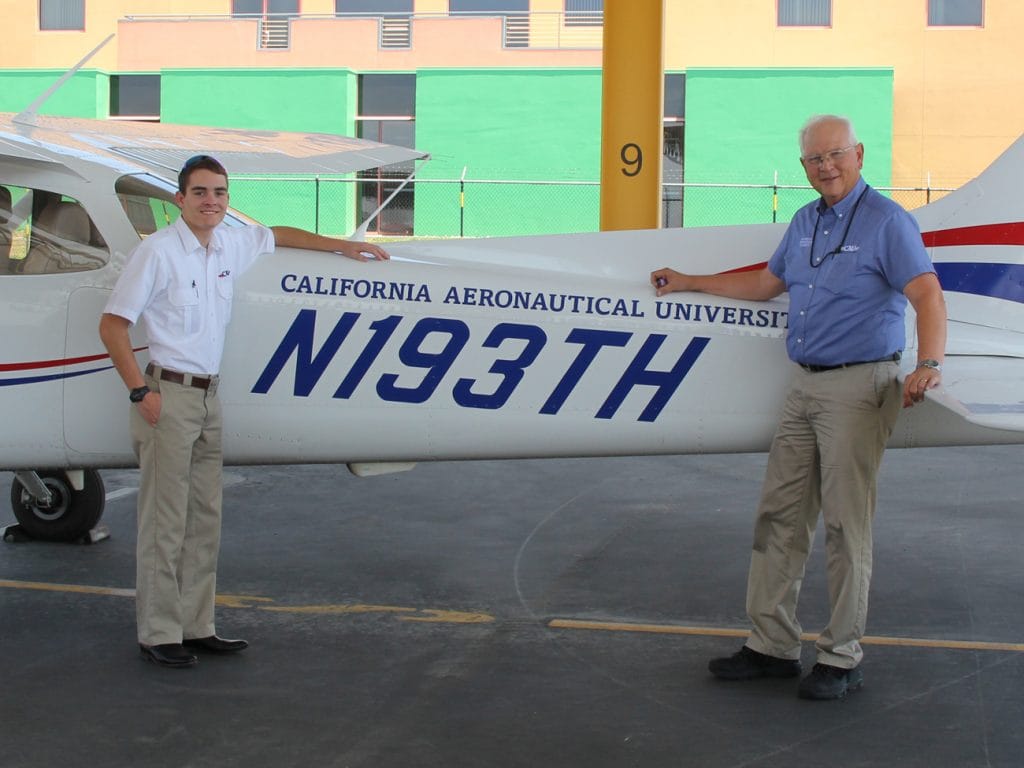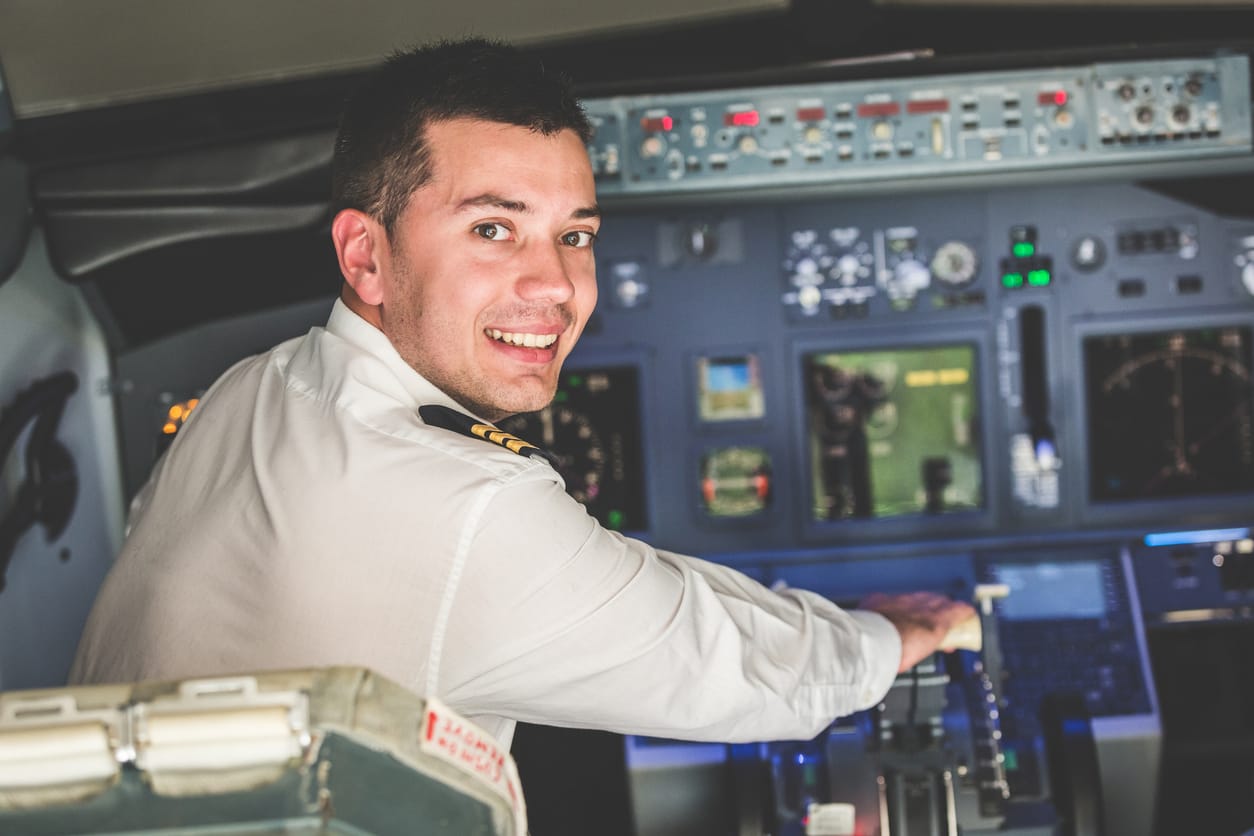One of the many ways to start a career in the aviation industry is to be a certified flight instructor (CFI). An excellent way to hone your talents, gain experience, and build up hours in your logbook is to teach others the art and joy of flight. Instructing others also enhances your own knowledge of aviation rules and regulations. CFII is an acronym for a Certified Flight Instructor – Instrument.
It is a certification that allows a commercial pilot to be a flight instructor and also teach advanced students in instrument readings. When you have a CFII certificate, you are not only authorized to train other budding pilots but also approved to perform Instrument Proficiency Checks (IPCs) – continual ongoing training for instrument pilots to keep their certificates up-to-date.
Why CFII Certification?
Flight instructors are indispensable in the aviation industry because when you get certified as a pilot, you require the services of a CFI to train you as you journey on your career path. While most certified flight instructors work in flight schools, you can find CFIs at many levels in the aviation industry. There are numerous employment and career options for CFIs beyond flight schools. When private pilots want to rent a new plane, they will need to get checked out by a CFI. Additionally, all active pilots need CFIs to help them complete specific training requirements mandated by the FAA or their airline employer/aircraft to keep their pilot certificates current.
In aviation, you need to be trained by a flight instructor for any license you want. If you want to learn to fly a helicopter or seaplane, start looking for a CFI with those qualifications. Also, when an airline company needs to educate their new hires on the use of the company’s equipment and procedures for their jobs, it is the responsibility of the CFI to train them. When pilots advance to fly a new or unfamiliar jet, they must be taught…by a certified flight instructor. If any of the pilots mentioned earlier need instrument training, a basic CFI would not have the appropriate rating – this is why a CFII is so essential.
A CFII certification is adding an instrument rating to your flight instructor certificate. You already have the knowledge, ability, and insight to instruct others from your basic CFI. The instrument rating adds information about teaching your students how to handle skilled maneuvers, navigate more-challenging weather conditions and aerial landscapes, and advanced Instrument Flight Rules (IFR). You will help your students be more aware of safety regulations while you get to log valuable flight time, all while you are being paid to fly!
What You Should Know About the CFII Requirements
It is easier to add an instrument rating after you have already earned your CFI. Eligibility requirements are as follows:
- Hold a commercial or ATP certificate with an instrument rating; this assumes you have met these conditions:
- Are 18 years of age or older
- Are a US citizen
- Read, speak, and have basic proficiency in English
- Have at least a third-class medical certificate
To get to the final CFI checkride – which you will need to pass to obtain your CFI rating – you will need the following endorsements:
- Aeronautical knowledge: You must pass a Fundamentals of Instruction (FOI) knowledge exam.
- Flight proficiency: You have acquired the necessary ground training and aeronautical experience (flight hours) per FAA Flight Instructor certificate requirements; you must pass the FAA knowledge test.
- Spin training: You have demonstrated instructional proficiency in stall awareness, spin entry, spins, and spin recovery procedures.
- Note: this is needed only for airplane/glider category ratings.
- Completion of prerequisites for the practical test (checkride): You have received the required training time within the preceding 60 days in preparation for the Flight Instructor (category and class) test, AND shown satisfactory knowledge of subject areas previously deficient in prior written airman test.
- Courtesy verification from your Flight Instructor stating that he/she is qualified to provide training for first-time CFI applicants.
The final steps towards completing the flight training with an authorized instructor to obtain the CFI – Instrument include:
- Additional instructional training (ground and flight hours) on technical subject areas per FAA regulations, such as:
- Instrument Approach Procedures
- Flight by Reference to Instruments
- Navigation Systems
- Emergency Operations
- Etc
- Pass the FAA test on instrument flying
- Pass a CFII checkride
Perks of Obtaining a CFII
In the aviation world, a CFII certificate is of great value. When you obtain your CFII, you have the opportunity to share your aeronautical knowledge, passion, and enthusiasm while you continue to learn and grow as a pilot and instructor. Your students will learn to safely navigate the skies using aircraft instrumentation systems with you as a guide. CFII career opportunities include charter pilots, captains, line officers, check airmen, flight operation directors, or first officers.
Employment prospects are available at several aviation organizations, such as airlines, agricultural industries, flight schools, tour businesses, charter companies, governmental agencies, private corporations, and cargo carriers. Be sure to check local job opportunities near you to see if you might qualify to become a CFII. The National Association of Flight Instructors can be a source of support and resources in your career as a CFII.
The Bottom Line
You learn additional skills as you train for your CFII certificate. As you teach aviation students those skills, instructing them to handle instruments as they learn to fly, those skills become ingrained in you – almost like muscle memory. You become a great CFII by applying the theoretical aspects of the training learned in the classroom, and the practical elements learned during flight instruction. The best CFIIs remember that learning never ends, and effective instructors should always look for industry trends, new technologies, and better teaching methods. Complacency has no place in the cockpit.
Some flight schools, like California Aeronautical University, offer students in particular flight training programs the chance to earn a CFII during their regular degree studies. Several programs provide students with up to six licenses/ratings, in addition to their degree, when they graduate. Call or contact us for more information.
Ready to soar in your aviation career?
Mr. Matthew A. Johnston has over 23 years of experience serving various roles in education and is currently serving as the President of California Aeronautical University. He maintains memberships and is a supporting participant with several aviation promoting and advocacy associations including University Aviation Association (UAA), Regional Airline Association (RAA), AOPA, NBAA, and EAA with the Young Eagles program. He is proud of his collaboration with airlines, aviation businesses and individual aviation professionals who are working with him to develop California Aeronautical University as a leader in educating aviation professionals.







